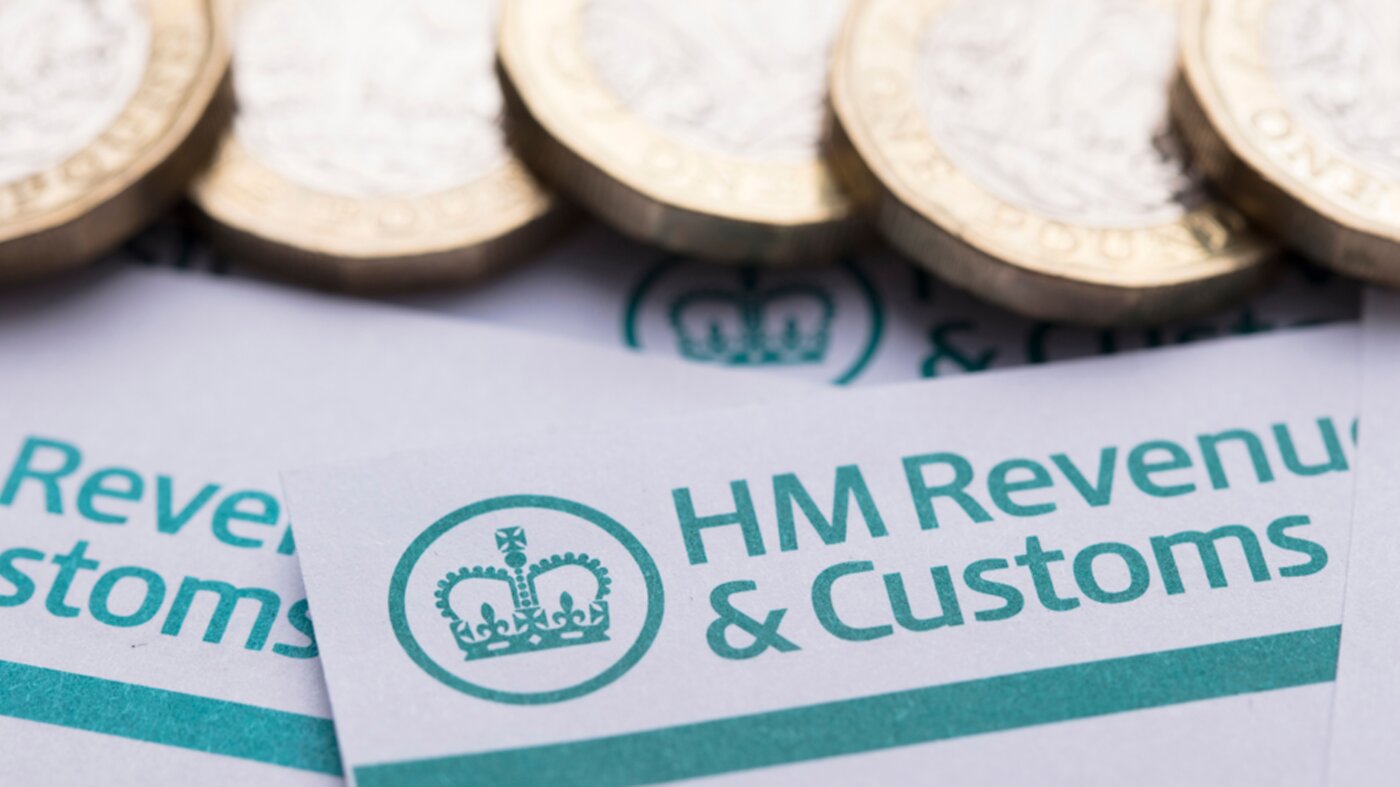Introduction
Her Majesty’s Revenue and Customs (HMRC) has launched a new campaign sending targeted letters to UK taxpayers, urging them to voluntarily disclose any overseas income or gains that may not have been reported. The initiative, rolled out in June 2024, aims to reinforce tax compliance and ensure that all individuals fully meet legal obligations for international earnings.
This move follows the UK’s expanded information-sharing agreements with multiple countries, allowing HMRC more insight into overseas accounts held by UK residents. The campaign targets both individuals and businesses who may have offshore interests, with recipients advised to take urgent steps to review their past tax declarations.
Experts warn that ignoring these letters can lead to significant penalties, compliance checks, or criminal investigations, underscoring the importance for taxpayers to understand their obligations and respond appropriately.
HMRC Increases Disclosure Urgency with Latest Letter Campaign
HMRC has intensified its focus on overseas income by sending tailored letters to UK taxpayers believed to have unreported financial interests or gains abroad. This campaign began in early June 2024 and is part of an ongoing strategy to close the international tax gap.
The letters invite recipients to review and correct any prior tax filings that may have omitted offshore income. Tax professionals note that the current campaign especially urges voluntary compliance before any formal investigation begins. The communication underscores potential legal consequences, including financial penalties and the risk of prosecution, for those failing to act.
The campaign leverages information obtained through the Common Reporting Standard (CRS), an international agreement allowing tax authorities to exchange information on financial accounts held overseas. According to HMRC, the volume and granularity of data accessible through these agreements have made it increasingly difficult for taxpayers to conceal global assets from UK tax authorities.
Scope of the New Letter Campaign
This letter campaign is the latest in a series of compliance measures undertaken by HMRC to address offshore tax avoidance. In 2023, HMRC sent over 16,000 “nudge” letters related to foreign income, according to official government figures.
The current round targets those identified through cross-border data as potentially noncompliant. HMRC’s approach is not limited to large, high-net-worth individuals. Letters have reportedly been distributed to a wide range of taxpayers, including employees, retirees, and small business owners with links to overseas assets or accounts.
The campaign clarifies that recipients are not being formally accused of wrongdoing but are encouraged to promptly review their affairs and make any necessary disclosures. The letters often detail the types of overseas income or gains under question, such as bank interest, rental income from foreign property, or gains on non-UK investments.
Targeted Audiences and Risk Areas
The HMRC letters are largely directed at UK residents with suspected undisclosed income or capital gains held in foreign jurisdictions. Typical scenarios include individuals who inherited foreign property, invested in overseas funds, or maintain international bank accounts.
Tax advisers have highlighted that recipients may also include British expatriates returning to the UK as well as non-domiciled residents with complex residency arrangements. Many affected taxpayers may be unaware that non-UK income even if taxed abroad or not remitted to the UK may still require UK disclosure.
John Cullinane, director of public policy at the Chartered Institute of Taxation, said, “The rules around the taxation of overseas assets can be complicated, and many people are caught simply through lack of understanding.” Cullinane emphasized the need for clear communication from HMRC as well as public education regarding international tax responsibilities.
Reporting Overseas Income: Legal and Financial Context
Under UK law, tax residents must declare all worldwide income and gains on their self-assessment tax return. This duty extends to interest, dividends, rental income, and asset disposals abroad, regardless of whether the income has already been subject to tax in another country.
The UK’s international data-sharing obligations, especially through CRS and the Foreign Account Tax Compliance Act (FATCA), have significantly reduced the risk of undisclosed funds remaining hidden from HMRC. In 2022 alone, HMRC received information on over 7 million overseas financial accounts linked to UK residents, according to government statements. Failure to declare overseas income can result in stiff penalties.
Depending on the circumstances, HMRC may charge fines of up to 200 percent of undeclared tax, along with late interest and, in serious cases, may pursue criminal prosecution. The latest letters warn of these consequences, emphasizing that voluntary disclosure can result in reduced penalties and, in some cases, immunity from prosecution.
Stakeholder Responses and Expert Opinions
Professional tax bodies have broadly welcomed HMRC’s efforts to close the offshore tax gap but emphasize the need for proportionality. Many tax experts urge recipients not to ignore the new letters. Emma Rawson, a technical officer with the Association of Taxation Technicians, advised, “Receiving one of these letters does not necessarily mean you have done anything wrong.
However, it is vital that you do not ignore correspondence from HMRC.” Financial advisers note that some recipients may be contacted in error due to the scale and complexity of cross-border data matching. In cases where no offshore income exists, HMRC requests recipients to respond and clarify their position.
HMRC has also stated that taxpayers who require assistance in understanding the letters or making a disclosure can seek support through its dedicated helplines or via accredited tax professionals. Those who believe they may have inadvertently failed to declare all income are encouraged to use the Worldwide Disclosure Facility, an online portal for correcting offshore tax affairs.
Final Summary
HMRC’s latest wave of letters highlights the government’s sharpened focus on tackling offshore tax noncompliance amid increasing global transparency. The 2024 campaign, underpinned by expanded information-sharing with other countries, is designed to ensure UK tax residents fulfil their obligations in reporting overseas income and gains.
Taxpayers in receipt of HMRC’s letter whether individuals, expatriates, or businesses are strongly advised to review their affairs, seek professional guidance, and respond in a timely manner to avoid severe penalties. The campaign’s implications extend beyond taxation, reinforcing the government’s commitment to international cooperation and public trust.
As global data sharing increases, the likelihood of undisclosed income going undetected continues to diminish. Tax experts recommend that anyone unsure about their obligations consult with a qualified adviser or contact HMRC directly for clarification. For those needing further help with their tax affairs, the Pie app provides UK taxpayers with easy-to-understand tools for managing their compliance.










